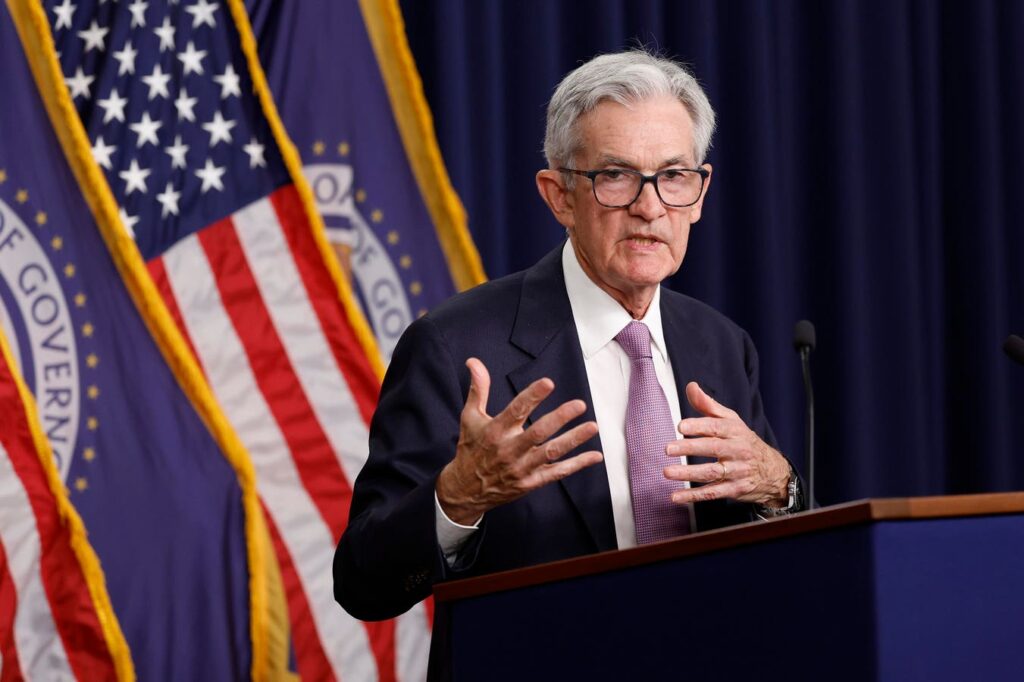President Trump has been very vocal in calling for the Federal Reserve to lower interest rates. Federal Reserve Chairman Jerome Powell hasn’t blinked.
In the most recent May meeting, the Federal Open Market Committee (FOMC) kept the target federal funds rate the same. The FOMC, as you may recall, is the 12-member body that decides monetary policy and sets the target interest rate and hasn’t changed it since last December.
Since it’s been nearly six months since a change, you may need a refresher as to what happens when the FOMC decides to change interest rates and the impact it will have on your money.
Deposit Accounts
Your checking, savings, and money market accounts are all affected by interest rates. Checking accounts less so but when the FOMC lowers interest rates, expect the rates on your savings and money market accounts to fall too.
While you can still get above 4% APY on a high yield savings account today, it’s a variable rate that can change at any time.
Certificates of Deposit
Much like your deposit accounts, expect those to go lower too as the FOMC lowers rates. If you expect the Fed to lower them, it makes sense to try to lock in higher rates if that fits your financial situation. You may also see banks adjust their rates ahead of Fed meetings, the next of which is in mid-June.
Stock Market Investments
This is a broad generalization as interest rates will impact different companies differently, but in general the market responds favorably whenever the Fed lowers rates. This is because borrowing gets cheaper, which allows companies to borrow more cheaply and, potentially, grow faster.
Of course, individual companies will be influenced by their own markets, execution, and other factors. If you invest in index funds though, you will see those investments rise and fall as interest rates change as they cover a wider swath of companies.
Mortgage Interest Rates
Mortgage interest rates are impacted by the target interest rate but they’re also influenced by supply and demand. If the economy is doing well, rates typically go down because borrowers have better credit, wages are up, homes are in more demand, etc.
If the economy is not doing well, fewer people are buying homes and the demand for mortgages tends to go down. While monetary policy plays a role, there are other factors at play.
Personal Loans & Credit Cards
Much like mortgage interest rates, personal loan and credit card interest rates tend to move with the target interest rate. If the FOMC increases rates, expect your personal loan and credit card rates to go up. If they lower rates, expect them to fall as well.
But in both cases, the borrower matters more because their credit score will dictate the interest rate. If you want to lower your rates, look to improve your credit rather than hope the Federal Reserve can bail you out.
While we wait to see what the Fed will do in their next meeting, you can make preparations to ensure your finances are in good shape to take advantage of any changes.
Read the full article here


